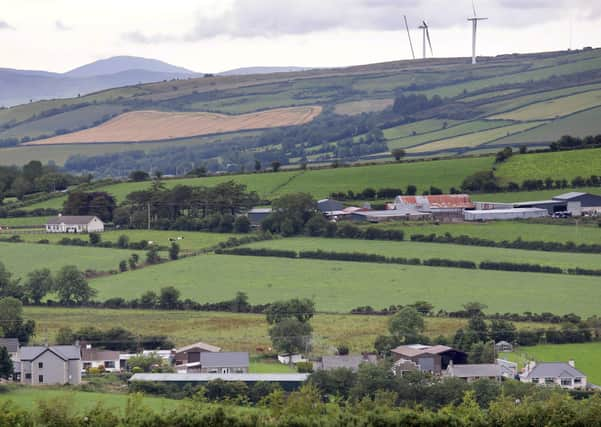Brexit update - What is the Northern Ireland protocol?


The subsequent and relatively recent agreement between the UK and the EU on the possible differential of treatment between Northern Ireland (NI) and Great Britain (GB) if the NI Protocol had to be implemented, has further complicated the possible outcomes.
However, an agreement between the UK and the EU to continue the existing trading arrangements would negate the need for implementation of the NI Protocol.
Key points/dates:
Advertisement
Advertisement
- The UFU was involved directly in regular and ongoing discussions with NI, UK and EU officials which recommenced in April.
- The UK’s ‘Approach to NI Protocol’ was released in May – generally pragmatic but only UK proposals to EU.
- UK Government announcement on 12 June not to extend the transition period due to end on 31 December of this year but UK/EU discussions on the Brexit process are ongoing.
- Separate but parallel UK/EU negotiations on a future free trade arrangement (FTA) are ongoing with agreement supposed to be reached by the middle of October.
Advertisement
Advertisement
- There has been more direct political and technical engagement for the UFU with the UK Government on the implementation of the NI Protocol and the coverage of any related additional costs.
Key issues for trade going from NI to GB, ‘unfettered’ legislative access:
- Definition of ‘qualifying businesses and goods’
- Protection of the integrity of the NI agri-food industry
- Transit route to GB
Key issues for trade going from GB to NI:
- Definition of ‘at risk’ product (i.e. potential to access EU market)
- Possible tariffs and rebates
- SPS controls/physical infrastructure
There is an agreement by the UK Government to introduce a Trader Support Service (provision of £355m for the next two years before handing back to market).
Advertisement
Advertisement
A separate UK Government consultation on the future operation of the UK’s internal market was just completed and is presently being progressed through the UK Parliamentary legislative process with the main issues being:
Interaction with NI Protocol
- ‘Non-discrimination’ and ‘mutual recognition’ principles
- The application of ‘state aid’ regimes
- Legislative guarantees vs commercial decisions
Future trade agreements:
The UK global tariff schedule was announced in mid-May. It differs from the temporary tariff schedule released in March last year, in that it maintains tariff safeguards for UK farmers currently in place under the EU’s common external tariff schedule. The UFU is pleased that this approach has been taken.
The UK Agriculture Bill is currently progressing through Parliament – there is a very considerable lobbying effort to include legislative requirement on import standards, this has not yet been secured however efforts will continue.
The UFU are now also involved in two UK Government trade groups – the recently established UK Trade and Agriculture Commission (requested by the UK Farm Unions) and the Agri-food Trade Advisory Group which will be involved in the setting of import standards and the detail of ongoing UK trade negotiations with third countries respectively.
Advertisement
Advertisement
Several UK trade ‘continuity agreements are already finalised: agreement concluded recently on FTA with Japan and negotiations commenced with USA and Australia/New Zealand and more is planned with other countries.
The acceptance of NI agri-food products and labelling requirements for both UK and EU trade agreements with third countries remains unclear.